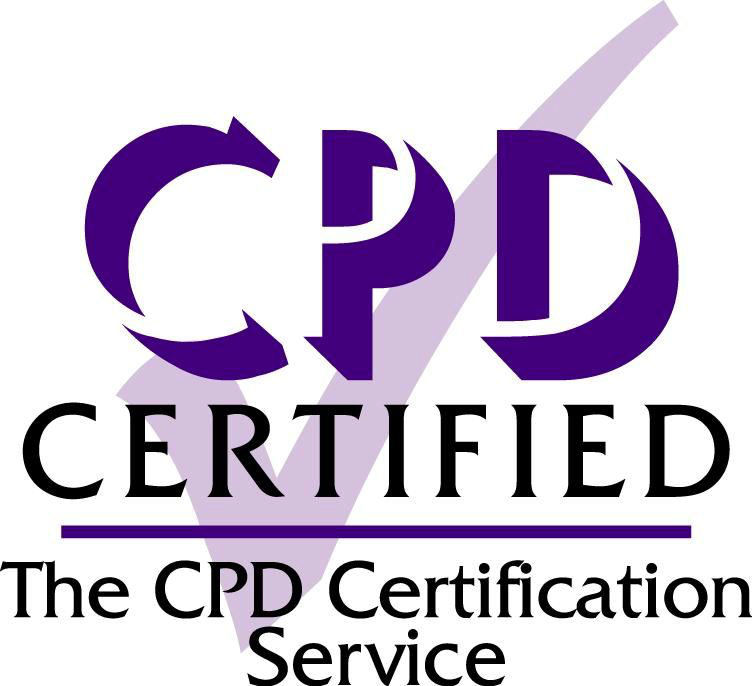Have you considered becoming a medical writer post PhD?
Dec 18
/
Dr Saima Haider, Associate Editorial Director, Word Monster
Empty space, drag to resize
"Have you ever thought about a career in Medical Communications?"
"Yes… Tell me more.”
And that was the big fat lie upon which my career in MedComms was built. The real truth being, up until that exact moment in time, I hadn’t the foggiest what MedComms was. Fresh (relatively speaking) from completing my PhD, the hunt for a job in the ‘real world’ had begun, and despite having no clue what I wanted to pursue next, I was very much clear on one thing – continuing in academia was not an option for me.
And that was the big fat lie upon which my career in MedComms was built. The real truth being, up until that exact moment in time, I hadn’t the foggiest what MedComms was. Fresh (relatively speaking) from completing my PhD, the hunt for a job in the ‘real world’ had begun, and despite having no clue what I wanted to pursue next, I was very much clear on one thing – continuing in academia was not an option for me.
No longer passionate about academia? Get out!
Please don’t think this entire post is dedicated to bashing academia – I promise it isn’t. Having heard some of the horror stories my friends lived through during their PhDs, I realise I may be one of the odd exceptions who didn’t hate their time as a postgrad – I worked with a great group, was able to dictate my work schedule (to an extent), and had loads of support from senior members of the research team, which was a great learning opportunity for me. The problem I had was that I was starting to feel more and more disconnected from my actual research.
Not only that, but rather alarmingly, my PhD supervisor and a couple of postdocs were all saying the same thing to me: GET OUT (which I’m pretty sure wasn’t intended as an insult). This may sound ridiculous, seeing as all of them had forged successful careers in academia and are currently enjoying some hard-earned lectureships around the country, but this is the truth: I was told that unless I was really, REALLY passionate about academia and research, and I was really, REALLY sure, without a shadow of a doubt that I wanted to stay in the field, then the best advice they could give me was to leave before I became too ‘niched’. And the truth was, when I sat down to think about what I wanted to do, I had one of my rare moments of complete clarity – in the same way I’d known, four years prior, that a PhD was something I wanted to pursue, I also knew now, four years later, that I was done.
Not only that, but rather alarmingly, my PhD supervisor and a couple of postdocs were all saying the same thing to me: GET OUT (which I’m pretty sure wasn’t intended as an insult). This may sound ridiculous, seeing as all of them had forged successful careers in academia and are currently enjoying some hard-earned lectureships around the country, but this is the truth: I was told that unless I was really, REALLY passionate about academia and research, and I was really, REALLY sure, without a shadow of a doubt that I wanted to stay in the field, then the best advice they could give me was to leave before I became too ‘niched’. And the truth was, when I sat down to think about what I wanted to do, I had one of my rare moments of complete clarity – in the same way I’d known, four years prior, that a PhD was something I wanted to pursue, I also knew now, four years later, that I was done.
Why? There were multiple factors contributing to this decision, but the main one was passion, or rather, the lack thereof – I was no longer passionate about academia. I was no longer passionate about my research, which meant I certainly wouldn’t be passionate about jumping through all of the hoops and rings that postgrads often have to clear with Olympian-style skill in order to obtain the next bit of funding for the next couple of years. I just didn’t see myself as the next Jessica Ennis-Hill of research.
MedComms? More tangible than a PhD
It may sound like a cliché, it may sound a bit selfish, but what I wanted to do was something a bit more tangible and something that felt like it might hold the slightest bit more significance to the world we live in, however miniscule that might be.
Medical writer post PhD? Retain the aspects you enjoy in a PhD
Speaking with my fellow monsters, it’s interesting to see how our paths (i.e. stumbles) into MedComms all seem to be slightly different variations of the same story – a desire to retain some of the aspects we enjoyed most from our PhDs (i.e. writing and comms) with an output that didn’t feel so abstract. For one of my colleagues, the transition to MedComms wasn’t an immediate one – first trying her hand at different jobs in industry, the NHS, and teaching, all the while looking for that perfect dream job that allowed her to retain her passion for science, her love of comms, and the all‑important ‘work-life balance’. Her foray into MedComms was a chance stumbling across a job ad for a medical writer (“I didn’t even know what MedComms was”), and the rest, for her, was history.
MedComms? An option to alight the academia train
Another colleague’s experience more closely mirrors that of my own – except she’s summed it up more succinctly and eloquently than I have: “I felt like I was on a non-stop train to Postdocs Ville with no way of alighting. It didn’t even occur to me that there was a life outside the trundling train carriage of academia. So, when a fellow PhD friend told me she was heading to a postgrad careers event I only went along for moral support (and to pick up free company-branded swag!). I ended up talking to someone from a MedComms agency, and it was a huge revelation to learn that I could get paid to do the part of my PhD that I actually enjoyed. I exhaled a breath I didn’t even realise I was holding, and I got off the train.”
Keeping swimming as a medical writer post PhD
So, there you have it – all a bit different, all a bit the same. Following that fateful conversation with the recruiter (whose name, alas, I cannot remember), I decided to do a bit of my own research into the field, and with a little help from Peter Llewellyn’s fab MedComms Networking website, decided to take the plunge, and I haven’t stopped swimming since.
The moral of the story
To all those currently at a bit of a loss trying to decide what life might look like through the window of the postdoc train, I say this: keep looking, use binoculars, have hope, and speak to as many different people as you possibly can. Exploration is the essence of the human spirit. And you’ll be surprised by what you find.
Unlock your medical writing career with Monster Academy
Our top-tier training and e-learning courses will get you off to a flying start as a medical writer after doing a PhD. They are flexible, part-time, fully remote, and specifically designed to fit around your life. With content to help you land your first medical writing role and hands-on writing experience to help you ace writing tests, you have the opportunity to learn from experienced medical writers working in the industry.
Keep up with the latest goss
We're continually launching new training, including e-modules, workshops and courses for all levels
Thank you!



